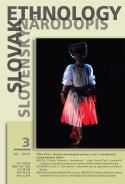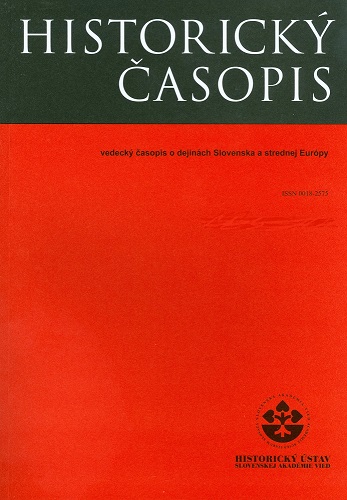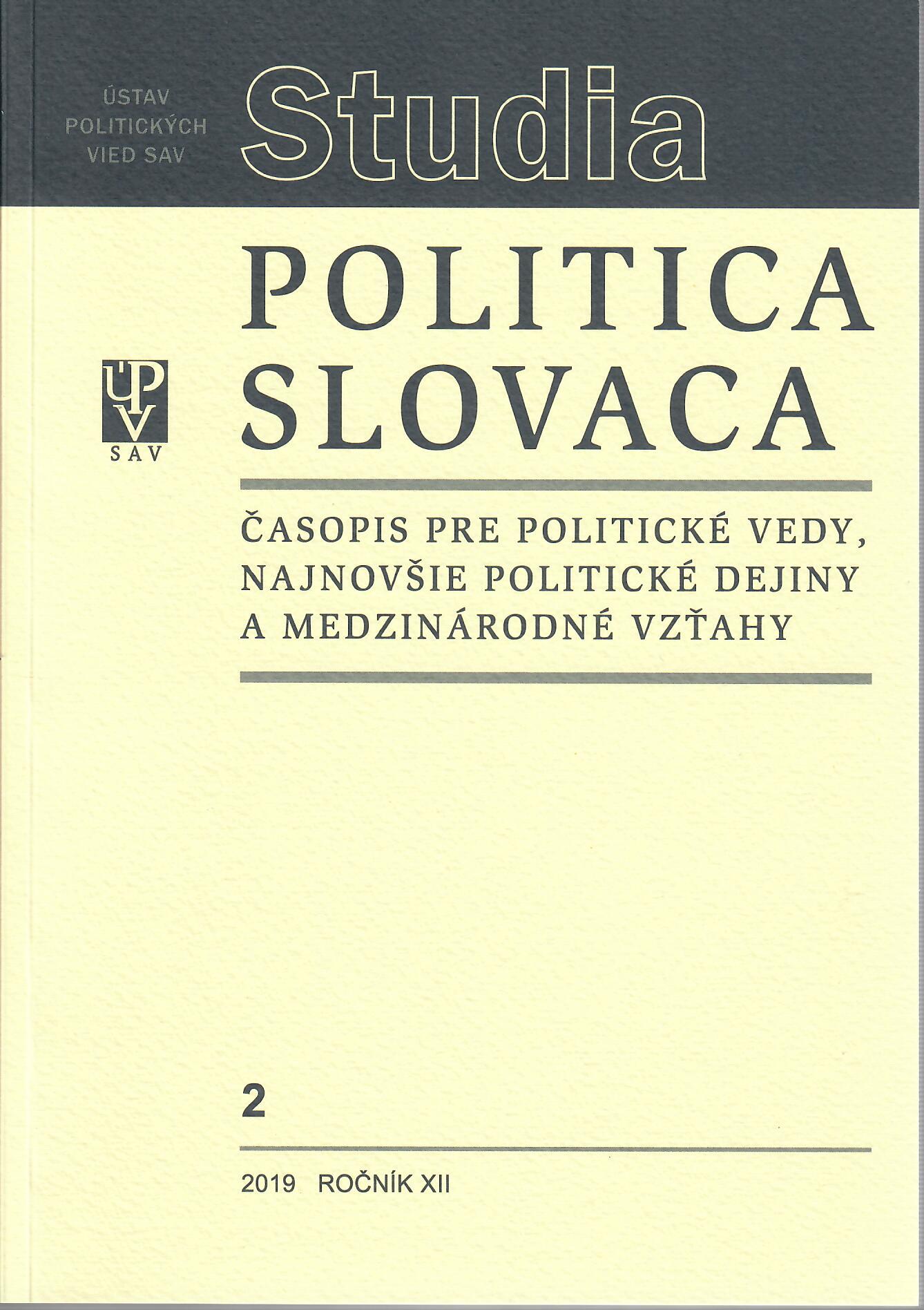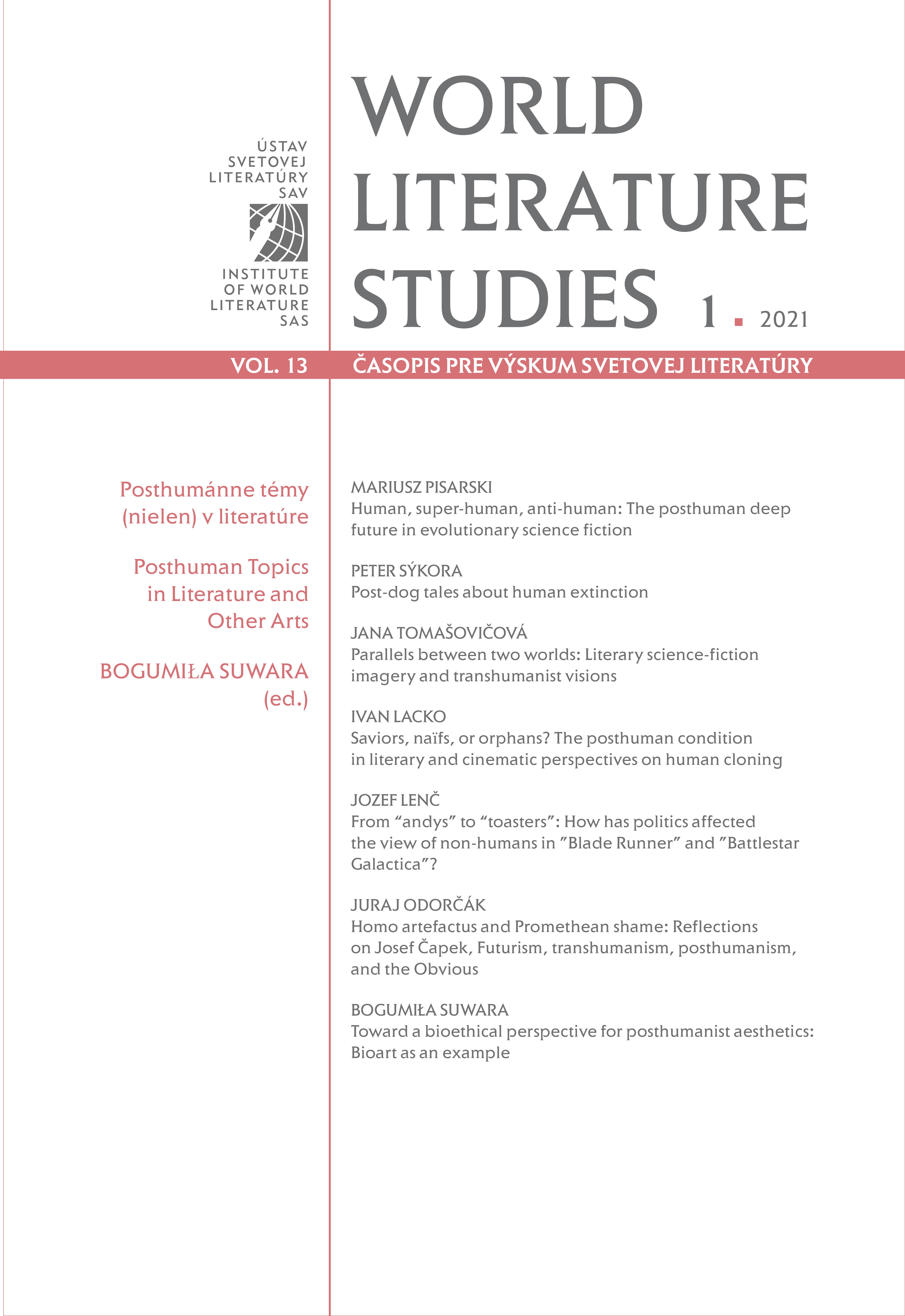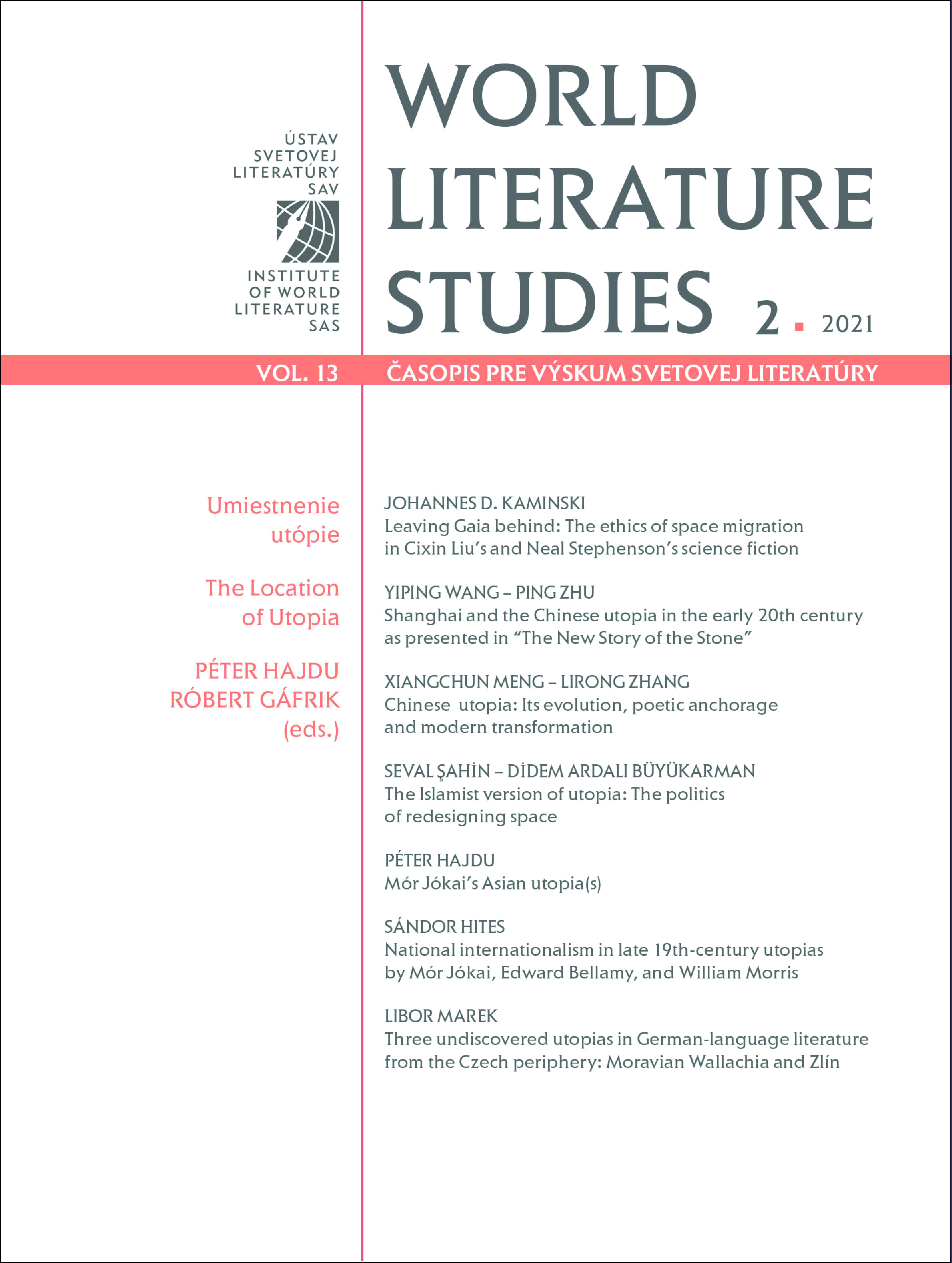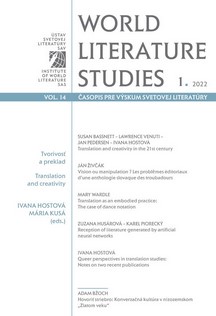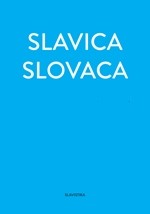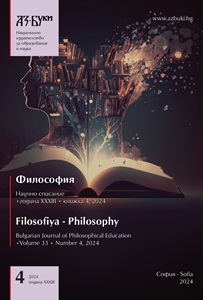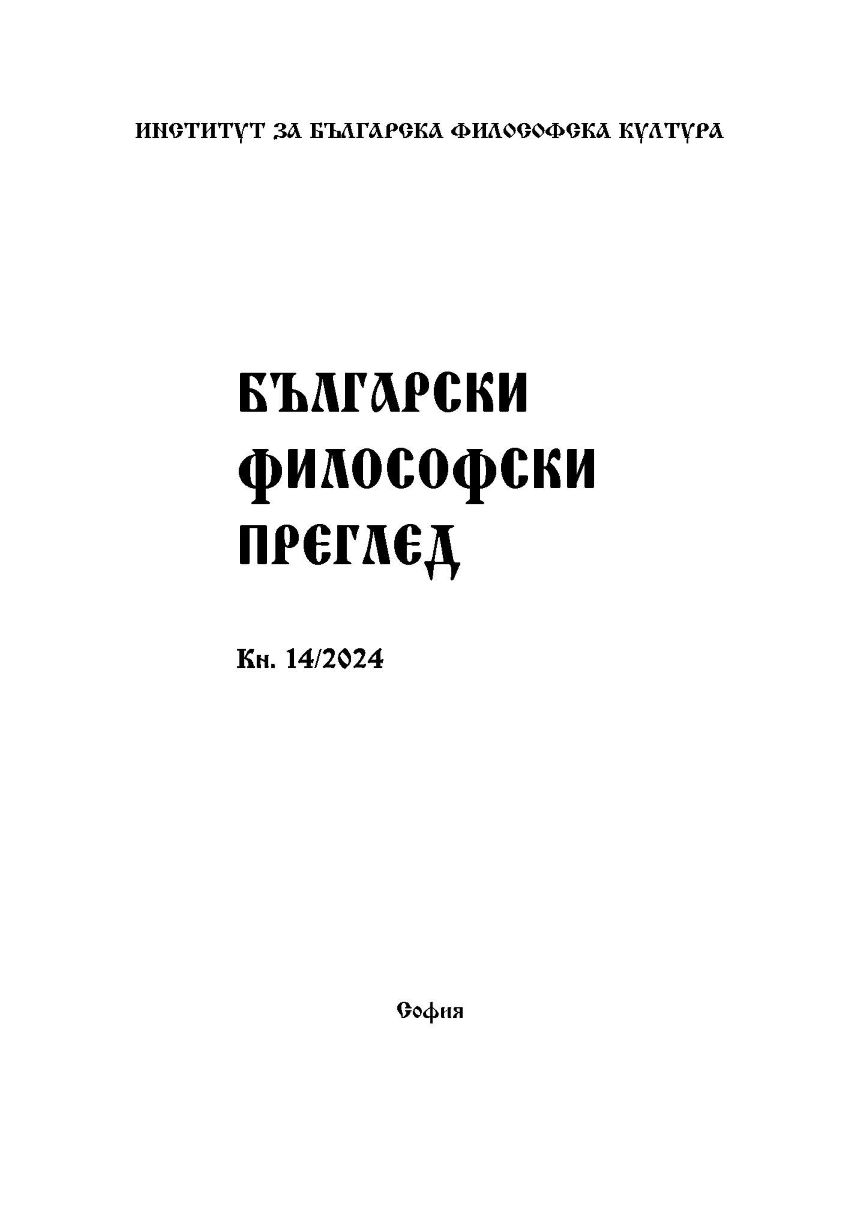CENSORSHIP IN SLOVAK OPERA
This study deals with the fate of Slovak opera compositions at the hands of communist censorship in the second half of the 20th century. The most striking case is Krútňava (The Whirlpool) by Eugen Suchoň (which premiered in Bratislava in 1949); this work was subject to gross ideological distortion with the elimination of its Christian and humanistic character as well as a distortion in its dramaturgical composition (i.e. the rejection of its symbolic framework). The Whirlpool was performed on dozens of European stages in its modified form, which did not correspond with Suchoň’s own convictions. The process of its rehabilitation was protracted, and its reconstructed original version was first heard in Banská Bystrica only in 2008 on the occasion of the 100th anniversary of Suchoň’s birth. Operas by Ján Cikker also had a complicated fate: Mister Scrooge, which premiered in Kassel in 1963, was composed on the theme of A Christmas Carol by Charles Dickens; Coriolanus, which premiered in Prague in 1974, was inspired by Shakespeare’s drama of the same name. Like The Whirlpool, Coriolanus had the Slovak premiere of its original form only on the occasion of the centenary of the author’s birth (in Banská Bystrica in 2011). Both composers were respected and supported by the official establishment. This fact takes their fight for the soul of their compositions and the implied compromises into the wider moral and ethical context of the period.
More...
